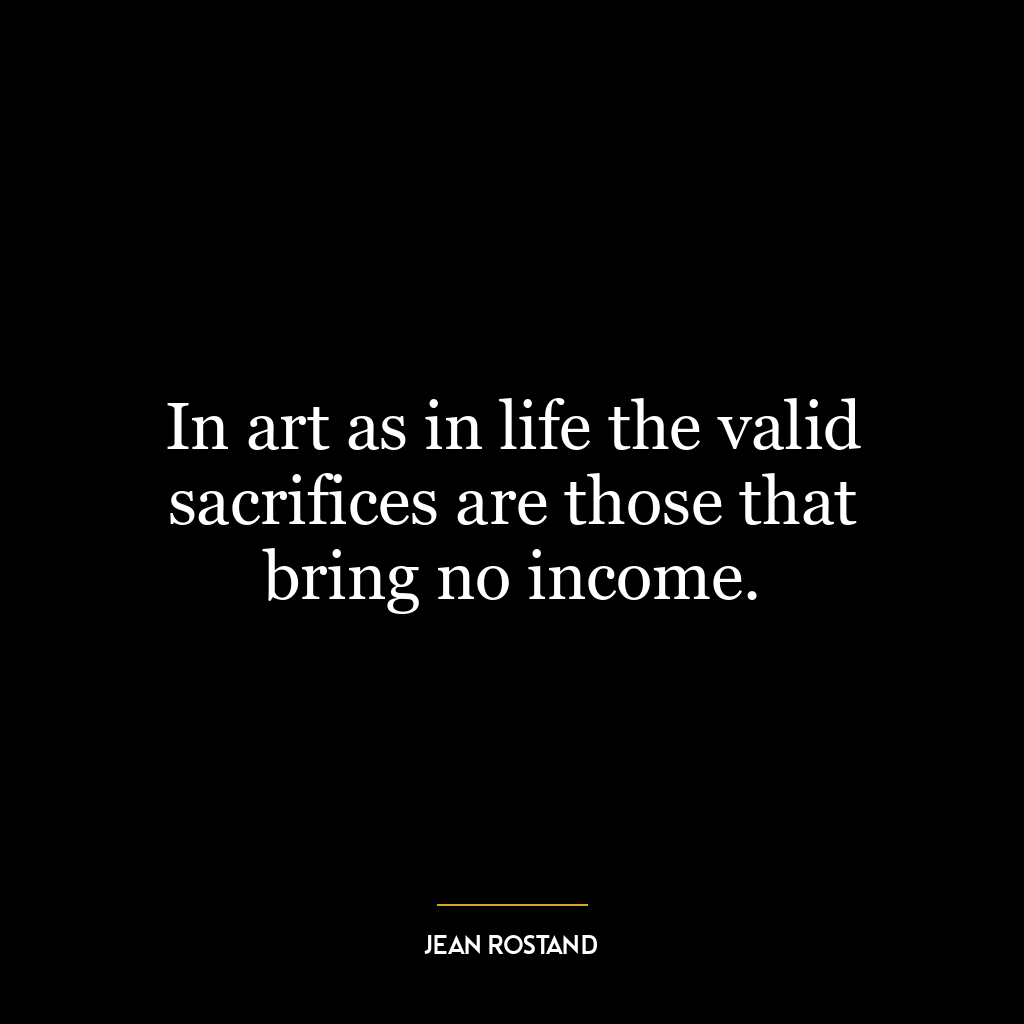I am prepared to die, but there is no cause for which I am prepared to kill.
This quote reflects the philosophy of non-violence and self-sacrifice. The speaker is willing to give up their own life for a cause they believe in, but they refuse to take another’s life for the same cause. This embodies the principle of absolute pacifism, where violence is rejected entirely, even in self-defense or for the protection of others. It underscores the value of life and the belief that no cause, no matter how noble, justifies killing.
The first part of the quote, “I am prepared to die,” suggests a deep commitment to a cause or belief. It signifies courage, selflessness, and a willingness to make the ultimate sacrifice. It’s about standing by one’s principles even when faced with the threat of death.
The second part, “but there is no cause for which I am prepared to kill,” reflects the speaker’s commitment to non-violence. It’s a statement against war, violence, and any form of harm inflicted upon others. It suggests that the speaker believes in peaceful resolution of conflicts and respects the sanctity of life above all.
In today’s world, this quote can be a reminder that violence and aggression aren’t the solutions to our problems. Instead, we should strive for peaceful resolutions, understanding, and empathy. It can be applied in personal development as a call for patience, understanding, and compassion. It encourages us to stand firm in our beliefs, even in the face of adversity, but not at the expense of others’ wellbeing. It’s about finding strength in peace, not in violence, and valuing life above all.
For instance, in conflicts or disagreements, instead of resorting to aggression or harm, we can choose to communicate, understand, and negotiate. In the face of injustice, instead of retaliation, we can choose peaceful protest and advocacy. It’s a call to rise above hate, violence, and vengeance, and to choose love, peace, and understanding instead.









